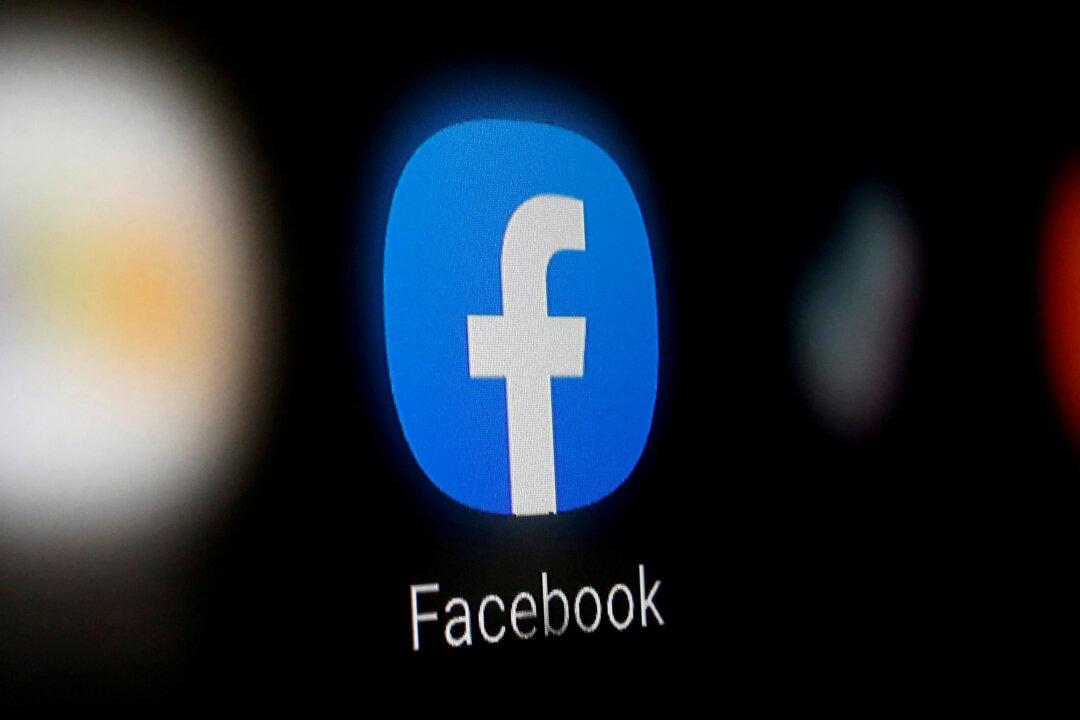Facebook on Monday filed a motion to dismiss the Federal Trade Commission’s lawsuit that accused the social media giant of illegal monopolistic practices.
In its Oct. 4 filing (pdf), the social media company argued that the FTC failed to make a valid case for claiming that Facebook has monopoly power in the social media market.





